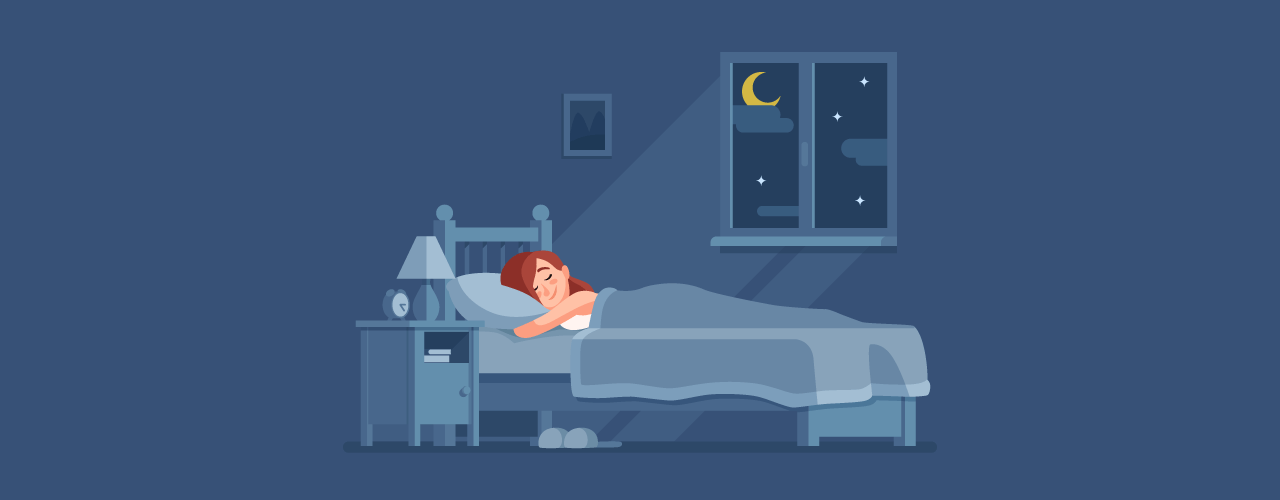Sleep and productivity go hand in hand. Though you might think sleeping less means more hours to work, you could actually do better if you sleep better and make the most out of your waking hours.
Why Sleep is Important to Productivity
Getting a good night’s sleep is one of the most important things you can do for a successful workday. Sleep is essential for good performance.
When you’re short on sleep, you’re more likely to struggle with procrastination and sluggishness. You might have a hard time with memory and concentration, and will be more likely to make mistakes. And your attitude could suffer, too. It’s tough to work well when you’re not in a good mood.
But when you sleep well, the opposite is true. You’re in a better position to concentrate, recall and learn information. You have the energy you need to power through your workday rather than just trudge through it.
The Concept of Productive Resting
Staying busy feels productive. When you’re taking care of tasks and checking off your to-do list, you’re certainly getting things done. But consider efficiency. If you’re not hitting tasks with your best focus, energy, and concentration, you might not be completing them as effectively or quickly as you could be. In fact, you might do better if you take a little break — or even a nap.
Can Sleep Patterns Make a Difference?
We all sleep, but we don’t all sleep the same way. Of course, most people sleep on a monophasic cycle. It consists of one long sleep, generally seven to nine hours each night. It’s convenient if you don’t have time to nap during the day, but requires you to block out a long stretch of time to sleep.
A biphasic sleep cycle can offer a boost of energy during the day if you’re struggling to stick with a monophasic sleep cycle. In a biphasic sleep cycle, you sleep for five to six hours at night, then take a nap (about an hour and a half long) in the middle of the day. It can be a good choice if you’re not able to sleep enough at night and feel sluggish in the afternoons. Think you can’t make a biphasic sleep cycle work? Consider taking a quick nap at lunchtime.
Getting Adequate Rest
Ultimately, what’s most important is getting enough sleep to feel rested throughout the day. When you get enough sleep, you can be more productive. You’re more accurate, have better memory, can be more creative, solve problems easier, and just enjoy a better flow of working.
Finding your best sleep schedule can help you get the rest you need. In general, you should aim to sleep between seven to nine hours each day. Do your best to stick to a consistent schedule and follow a regular bedtime routine so you can train your body to associate your bedtime and routine with sleep.
You should make sure your bedroom is a healthy sleep environment. Choose comfortable bedding that’s inviting and can help you rest easy. Turn off electronics at least an hour before bed, and definitely don’t bring your phone to bed with you. Keep your bedroom clean and free of clutter so you can relax.
Staying busy might make you feel productive, but you can do your best work when you’re well rested. Focus on good quality sleep and a sleep schedule that works well for you so that you can maximize your time and perform well at work.
Amy Highland is a sleep expert at SleepHelp.org. She loves taking naps during thunderstorms and cuddling up with a blanket, book, and cats.









